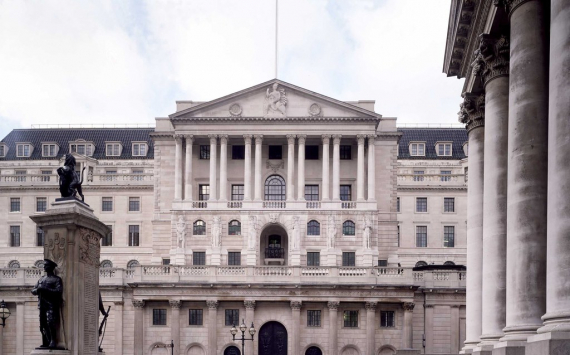
Financial sector reforms
The UK will carry out the first reforms to its financial sector after leaving the European Union (Brexit) to make it internationally competitive.
This was said by Andrew Griffith, the economic secretary at the British Ministry of Finance, who oversees the City of London, in an interview published in the Financial Times on Friday.
Also, finance minister Jeremy Hunt said in a statement on Thursday before the announcement: "Leaving the EU gives us a great opportunity to change our regulatory regime and unlock the full potential of our formidable financial services sector."
The reforms, which Hunt said would "accelerate" growth in the face of recession and the cost of living crisis, use Britain's exit from the European Union to adapt its own rules.
The UK Treasury said on Thursday it wants proportionate rules based on international best practice that balance the burden on business with consumer protection.
The reforms include exempting banks without large investment activities from rules requiring them to "cut off" their retail arms with a special capital cushion, it said. They follow the recommendations of a review backed by the government.
There will be a plan to "thoroughly review, repeal and replace" EU rules, ranging from financial product disclosures, listing requirements and prudential rules for banks.
London has been largely cut off from the EU because of Brexit, putting pressure on the government after Amsterdam overtook the British capital to become Europe's main stock trading hub.
The EU is also updating financial rules to deepen its own capital market and reduce its remaining dependence on London.
Hunt is also expected to issue a "new mandate" for regulators on how they will promote the growth and international competitiveness of the financial sector.
Bank of England director Phil Evans said on Wednesday that global financial centre status offers many benefits to the British economy, as well as responsibilities such as resisting pressure to "cut standards in the short term".
It is worth noting that the Kingdom left the EU on 1 February 2020 after years of negotiations. On 1 January 2021, the post-Brexit transition period during which the UK was subject to all European standards expired. According to experts, the move resulted in economic losses and the severance of cultural and scientific ties.









































